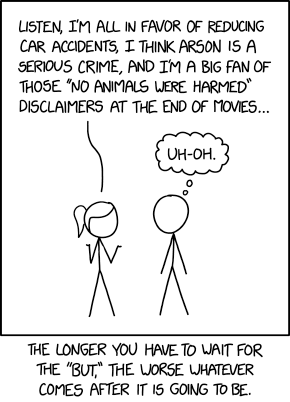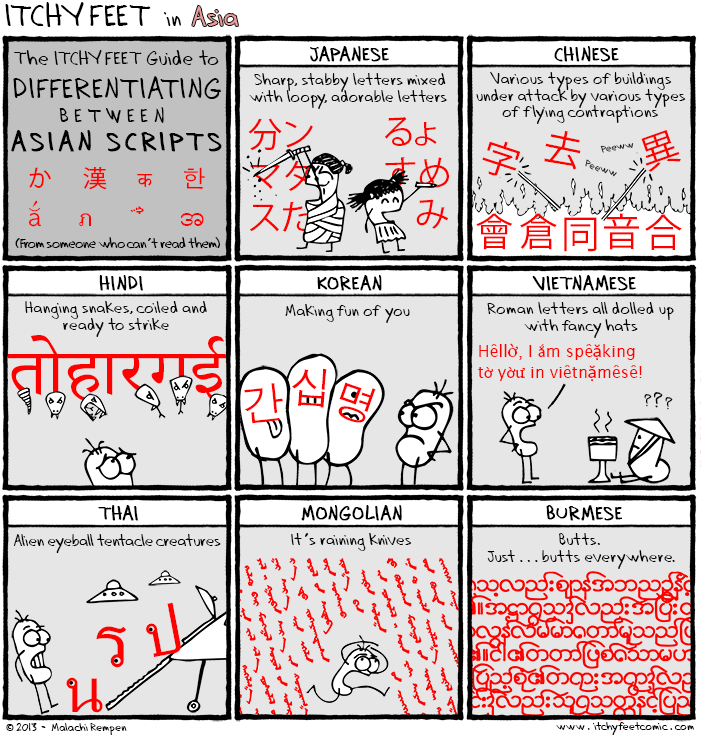Sir Michael Edwards, "La Française République", bloc-notes de l'Académie Française 5/2/2019:
La grande majorité des importateurs d’anglicismes sont des gens honnêtes ; les agents publicitaires en particulier ne cachent pas leur jeu. Air France est in the air, les voitures Citroën sont inspired by you, Opel, qui nous disait autrefois, fièrement et avec l’accent à l’appui : Wir leben Autos, nous offrent maintenant de bonnes occasions pendant les German days. […]
Il en est autrement dans le monde universitaire.On dirait qu’il a été charmé par l’ingéniosité de ce que j’ai appelé (à propos d’autres usages impropres) les anglicismes furtifs, qui s’insinuent dans la langue sans se faire remarquer. […] [D]ans Aix-Marseille Université, par exemple, tous les termes sont français ; de quoi pourrait-on se plaindre ? De l’ordre des mots, hélas, qui est anglais, comme dans Cambridge University.
The great majority of anglicism importers are honest: advertisers in particular don't hide what they're up to. Air France is "in the air", Citroën cars are "inspired by you", Opel, who once told us proudly, backed up with a German accent, "Wir leben cars", now offers us bargains during "German days". […]
It's otherwise in academia, which has perhaps been seduced by the ingenuity of what I've called "furtive anglicisms", which sneak into the language without being noticed. […] In "Aix-Marseille Université", for example, all the terms are French; what can we complain about? The order of the words, alas, which is English, as in "Cambridge University".
Read the rest of this entry »



